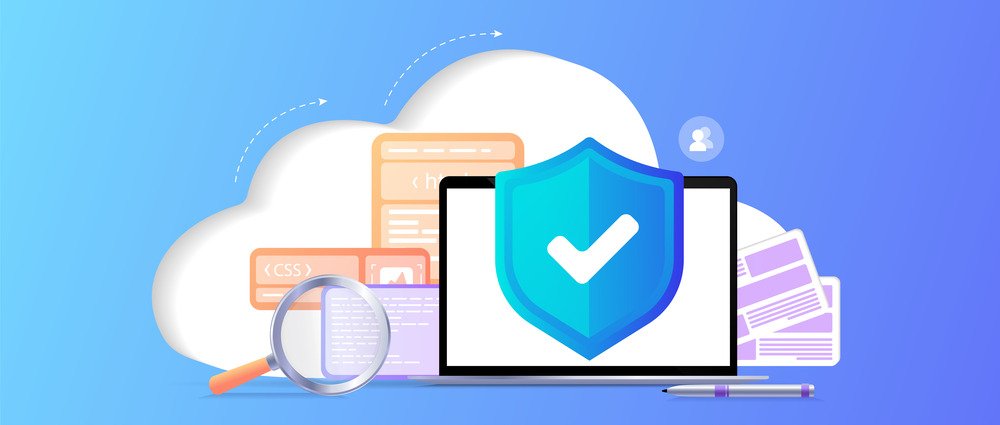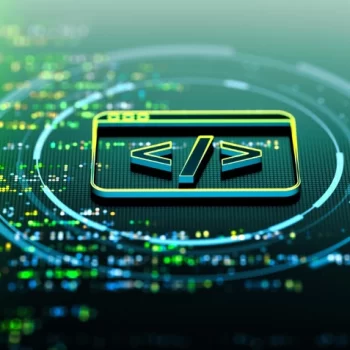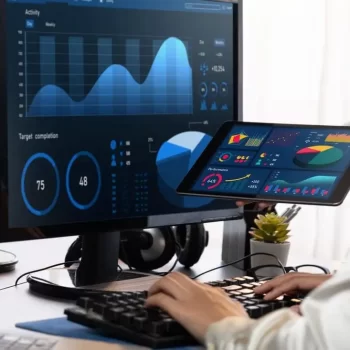As the digital workspace expands, so does the complexity of managing it. Endpoint management software simplifies this complexity and safeguards the network against potential threats. Basically, endpoint management is a strategic approach to overseeing all the devices within a network.
So, the importance of selecting the right endpoint management software cannot be overstated, as it directly impacts a business’s ability to secure its network and sustain operational continuity.
Related blog: The importance of endpoint protection manager in 2024
What is Endpoint Management?
Endpoint management refers to the end-to-end process of managing and securing the endpoints or devices that connect to an organization’s network. These endpoints can range from laptops and smartphones to servers and IoT devices. The primary goal of endpoint management is to ensure that these devices are compliant with the company’s security policies, are updated with the latest software patches, and are monitored for potential security threats.
Importance of the Right Endpoint Management Software

The need for robust endpoint management practices has grown with the rise of remote work and Bring Your Own Device (BYOD) policies. These trends have expanded the perimeter of corporate networks, introducing new challenges in securing a diverse and geographically dispersed device landscape.
Endpoint management software has evolved to address these challenges, offering solutions that enable organizations to maintain control over their devices, regardless of their location. Therefore, choosing the appropriate endpoint management software is a major decision for organizations, which must adhere to the following expectations:
Security
Organizations must protect endpoints from malware, ransomware, and other forms of attacks. Endpoint management software provides comprehensive security features, including real-time threat detection, antivirus protection, and encryption, to shield sensitive data and maintain the integrity of the network.
Efficiency
The right endpoint management software automates routine tasks such as software deployments, patch management, and configurations, letting IT staff keep focused on strategic work. This automation not only reduces the likelihood of human error but also ensures that all devices are consistently managed according to policy.
Remote compliance and support
Compliance with regulatory standards is a non-negotiable aspect of endpoint management, particularly for those subject to stringent data protection regulations. The right software ensures that all endpoints are compliant with policies and regulations, providing detailed reporting for audit purposes.
Also, as remote work becomes a staple, the capability to manage and secure devices outside the traditional office environment is crucial. So, endpoint management makes sure that employees can work securely from any location.
Must-Have Features of Endpoint Management Software
Comprehensive device support
Endpoint management software should make it a breeze to manage a diverse spectrum of devices. It includes support for various operating systems such as Windows, macOS, Linux, and mobile platforms like iOS and Android. After all, in today’s heterogeneous IT environment, seamless management across all these platforms is of utmost importance.
Automated patch management
With cybersecurity threats on the rise, keeping all devices updated with the latest patches is non-negotiable. Automated patch management streamlines the process of detecting and deploying updates, ensuring that all endpoints are guarded against known vulnerabilities without manual intervention.
Security management

Endpoint management requires robust security measures. It encompasses the integration of antivirus solutions, firewall management, and encryption protocols to shield endpoints from potential threats. These features are integral to maintaining a secure IT infrastructure.
Asset management
Visibility into hardware and software assets is necessary for IT management. Asset management features enable organizations to track and monitor their inventory, ensuring optimal use of resources and aiding in budgeting and compliance efforts.
Remote control and troubleshooting
Remotely controlling and troubleshooting devices has become invaluable. It allows IT teams to address issues promptly, reducing downtime and supporting business operations without geographical constraints.
Policy and compliance management
Adhering to regulatory standards and internal policies is a critical aspect of endpoint management. Features that allow for the enforcement of security policies and compliance management help organizations mitigate risks and meet regulatory obligations.
User and group management
Managing access controls and permissions is important for securing sensitive data. Endpoint management software should enable the creation and management of user profiles and groups so that authorized individuals only can access critical information.
Reporting and analytics
Insightful reporting and analytics help monitor the health and security of the IT environment. Detailed reports and dashboards provide valuable information on endpoint status, compliance levels, and potential security risks, enabling informed decision-making.
Selecting the Ideal Endpoint Management Software Vendor
When choosing an endpoint management software vendor, several factors come into play. These include:
Vendor reputation and reliability
Research the vendor’s reputation within the industry, including customer reviews and accolades. A company with a demonstrated track record of reliability and innovation is more likely to offer a solution that meets your needs.
Feature set vs. needs analysis
Evaluate the features of the software in relation to your organization’s specific requirements. A thorough needs analysis will help identify a solution that aligns with your operational challenges and goals.
Scalability and flexibility
The chosen software should scale with your business and accommodate future technology shifts. Flexibility in adapting to new devices, operating systems, and work practices is crucial for long-term success.
Customer support and service
Consider the level of support and service offered by the vendor, including responsiveness, availability, and the quality of resources provided. Effective support is critical for resolving issues and minimizing disruptions to business operations.
Related blog: Importance of access point monitoring in 2024
Conclusion
Selecting the right endpoint management software is a strategic decision that impacts the security, integrity, and efficiency of an organization’s IT operations. By prioritizing these must-have features and carefully evaluating potential vendors, organizations can ensure they choose a solution that meets their current needs and supports their growth demands.



















